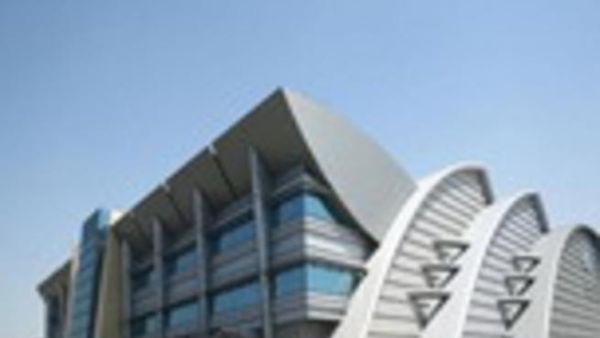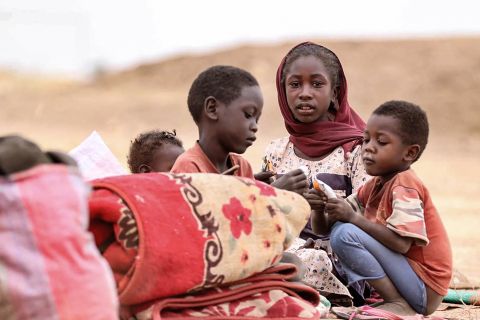The Dubai Flower Centre (DFC), the only state-of-the-art transshipment facility for perishable goods in the region, is well poised to tap the Indian flower export market which is expected to exceed AED3.67 billion (US$1 billion) by 2010.
Mr. Ibrahim Ahli, Marketing Director, DFC said “Geographical location and superior infrastructure are two major factors that will favour Indian exporters if they decide to use the 180,000-tonnes per annum capacity DFC, which went operational in July this year.”
DFC can act as a hub for Indian growers and traders so that they can reach out to regional, European and American markets, Mr. Ahli added.
As a part of a wider strategy, a DFC delegation has been visiting various countries including India to create awareness about the Centre and its unique facilities. During his visit to India, which covered major cities like, New Delhi, Bangalore, Pune and Mumbai, Mr. Ahli met with federal and state government officials and held wide-ranging discussions with flower growers and exporters of various states.
The visit was organized during the Second International Flora Expo 2006 held in New Delhi and helped DFC officials to interact with government organizations and the private sector bodies. During his visit, Mr. Ahli met among others Mr. K. S. Money, Chairman, Agricultural and Processed Food Products Export Development Authority (APEDA); Mr. Nadeem Ahmed, President, South India, Floriculture Association, and Managing Director of CCL Flowers Ltd; Mr. R. D. Reddy, Managing Director, Meghna Floritech Ltd; Mr. Prasad, Managing Director, Blooms and Greens Pvt Ltd.; and Mr. Srinivas Khaza, Managing Director, Rosette Agrotech Ltd.
Mr. Ahli said: “Our main purpose is to ensure that floriculture industry in India is fully supported by DFC through its facilities which can be utilized for imports and exports of perishable products.”
This is because the DFC that is less than four hours by air from India can be a boon to exporters to send their products to Netherlands and other European countries. Being a duty-free zone, Indian exporters do not need to pay customs duty for cargo in transit. However, by paying a five per cent customs duty, exporters can also send their products directly to any GCC country through the DFC.
By setting up operations in the DFC, farmers from India’s major floriculture and horticulture areas can take advantage of Dubai’s connectivity to global markets through more than 117 airlines operating from the Dubai International Airport.
Besides, there are hundreds of Emirates flights from major Indian cities to Dubai every week and 95 flights from Dubai to the UK, making the DFC a crucial transit hub for Indian exporters in expediting the delivery of perishable goods to Europe and beyond, Mr. Ahli remarked.
Recently, Emirates airline flew the first shipment of 1,000 cut flowers from Kolkata to Dubai. The consignment originated from India’s Northeastern states of Mizoram and Meghalaya and was organized by Bangalore-based ZOPAR Exports Private Limited to a local importer in Dubai.
Currently, India produces 200,000 tonnes of loose flowers and 500 million tonnes of cut flowers according to India’s Agricultural and Processed Food Products Export Development Authority (APEDA).
The country is ranked 23rd in the world market with floriculture exports estimated to be around AED2.79 billion (US$760 million). However, recent studies indicate the country has the potential to increase exports to AED4.77 billion (US$1.30 billion) in the next few years.
The DFC - a one-stop shop for local and international buyers, traders and exporters - offers several benefits including a closed loop supply chain system that ensures the right temperature from aircraft to the climate-controlled zone, a supply chain intelligence that offers state-of-the-art computerized tracking system, and a business-friendly free-zone environment.
More importantly, the computerized tracking system ensures access to all parties, allowing exporters and importers the ability to track the flight status, product loadings and temperature of their products through the supply chain process.
“Facilities at the DFC cater not just to flowers but anything that is perishable and needs a cool chain process, like fruits, vegetables and fresh meat or fish,” pointed out Mr. Ahli.








